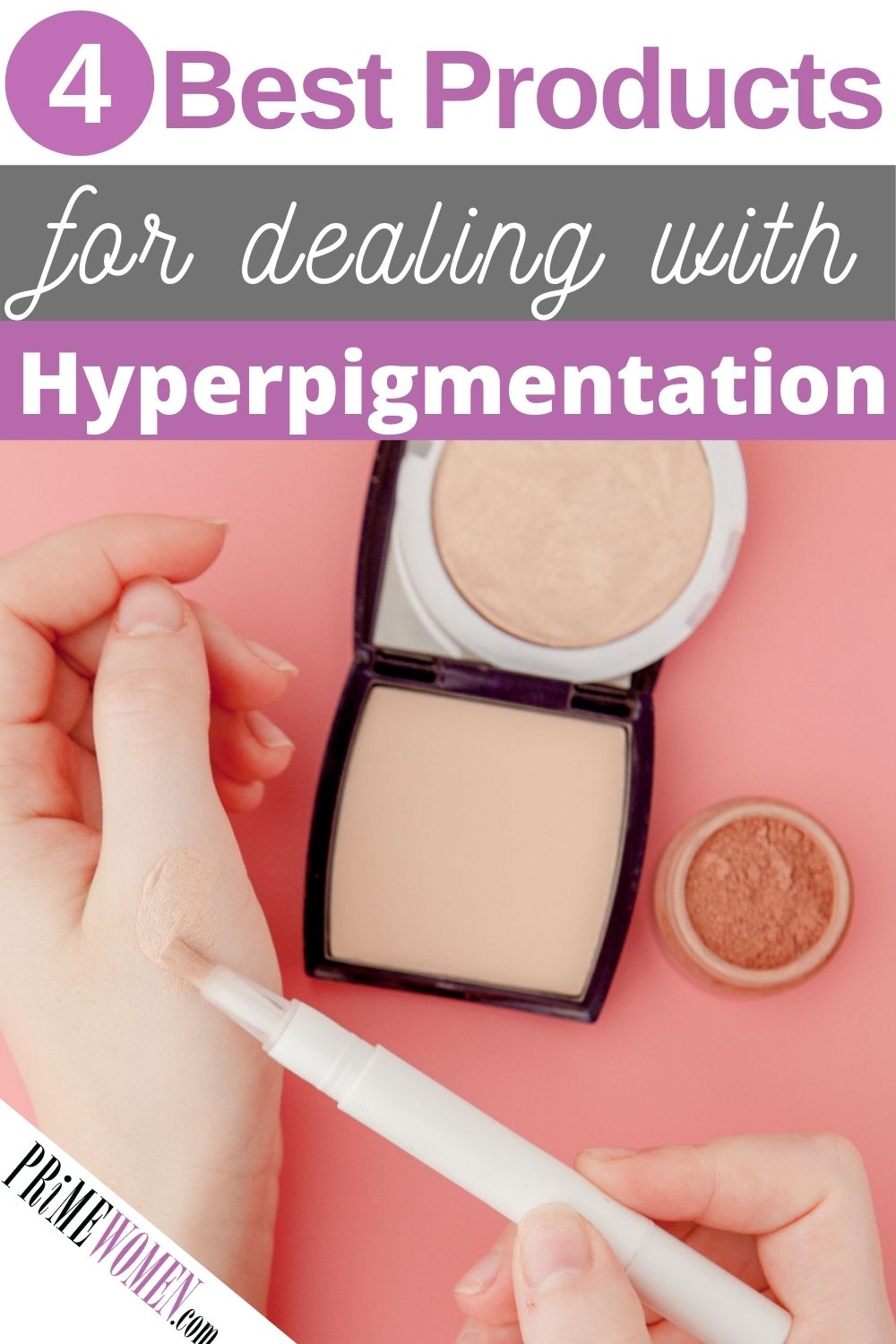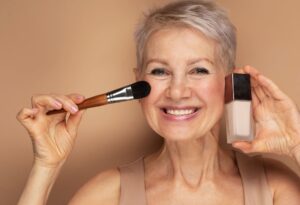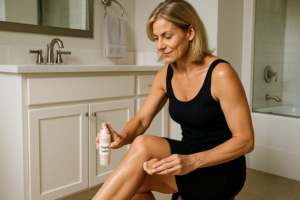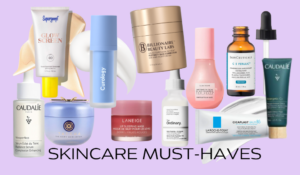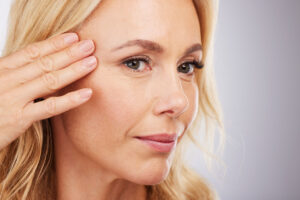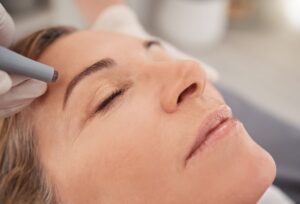Removing the darkened spots that appear as we age is a challenge. Fortunately, there are some fabulous products on the market that are up for the challenge. Keep reading for ways that you can handle hyperpigmentation when you have mature skin, from lightening products to buildable concealers.
What Is Hyperpigmentation?
If you’re noticing darker spots on your skin, don’t immediately assume the worst. Hyperpigmentation is a pretty common condition in which patches of skin become darker in color. This darkening occurs when an excess of melanin, the brown pigment that produces normal skin color, forms deposits in the skin. However, if you’re concerned about a new spot on your skin, it’s always best to see a dermatologist.
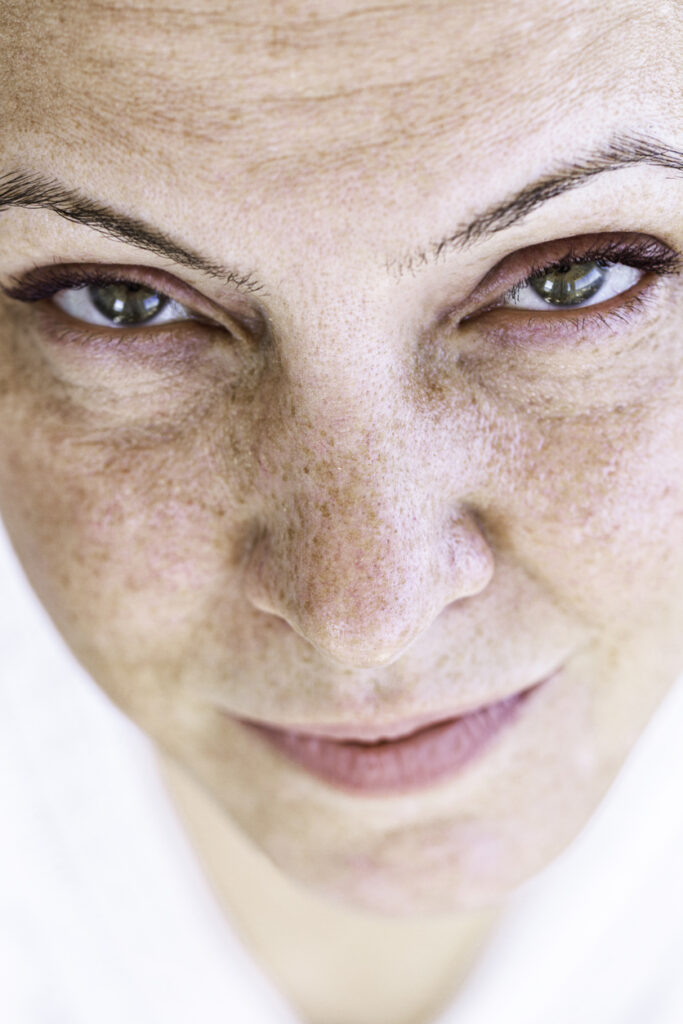
Causes of Hyperpigmentation
Hyperpigmentation is a common skin condition where patches of skin become darker than the surrounding areas due to an excess production of melanin, the pigment responsible for skin color. While hyperpigmentation can affect people of all skin types, it is more prevalent in those with darker skin tones. The primary causes of hyperpigmentation include:
- Sun Exposure: The most significant factor contributing to hyperpigmentation is exposure to ultraviolet (UV) radiation from the sun. When the skin is exposed to the sun, it produces more melanin to protect itself from damage. This can lead to sunspots, also known as solar lentigines or age spots, particularly on areas frequently exposed, such as the face, hands, and arms.
- Inflammation: Post-inflammatory hyperpigmentation (PIH) occurs when the skin darkens after an injury or inflammation. Conditions like acne, eczema, or psoriasis can cause PIH. The skin reacts to the inflammation by increasing melanin production, which leads to dark spots or patches once the skin heals.
- Hormonal Changes: Hormonal fluctuations, especially in women, can lead to a type of hyperpigmentation known as melasma. This condition is often triggered by pregnancy, birth control pills, or hormone replacement therapy. Melasma typically appears as brown or grayish patches on the face, particularly on the cheeks, forehead, and upper lip.
- Certain Medications: Some medications can cause hyperpigmentation as a side effect. These include certain chemotherapy drugs, antimalarial medications, and some antibiotics. The darkening of the skin caused by these medications is usually temporary, but in some cases, it can be permanent.
- Skin Care Products: Certain skincare products containing harsh chemicals or fragrances can irritate the skin, leading to increased melanin production. This is particularly true for products that cause photosensitivity, making the skin more vulnerable to sun-induced hyperpigmentation.
Preventative Measures

Preventing hyperpigmentation involves protecting the skin from triggers that can lead to an overproduction of melanin. Here are some effective preventative measures:
- Sun Protection: The most crucial step in preventing hyperpigmentation is protecting the skin from sun exposure. This includes wearing broad-spectrum sunscreen with an SPF of 30 or higher daily, even on cloudy days. Additionally, wearing protective clothing, such as hats and sunglasses, and seeking shade during peak sun hours can help minimize UV exposure.
- Avoid Picking or Scratching the Skin: To prevent PIH, it’s essential to avoid picking at acne, scabs, or other skin lesions. Scratching or picking can increase inflammation and lead to dark spots once the skin heals.
- Use Gentle Skincare Products: Opt for gentle, non-irritating skincare products that do not contain harsh chemicals or fragrances. Products that are labeled as non-comedogenic and hypoallergenic are less likely to cause irritation or worsen existing hyperpigmentation.
- Hormonal Management: For those prone to melasma due to hormonal changes, managing these hormones under the guidance of a healthcare provider can help reduce the risk of hyperpigmentation. This might involve adjusting medications or exploring alternative therapies.
Products That Alleviate Hyperpigmentation
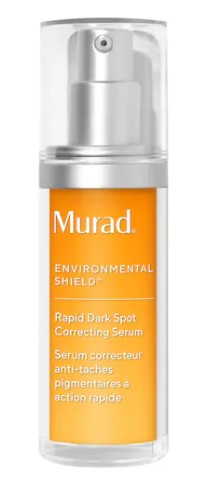
Good news: lightening the melanin-saturated areas that are only 2 to 3 shades darker than your overall skin tone can be achieved with lightening creams. Murad Rapid Dark Spot Correcting Serum is extremely successful in fading age spots and discoloration caused by sun damage. However, consistency is a must for this product to achieve the desired goal. Murad can also be used to lighten dark spots on your hands and throat, which are areas that show signs of aging.
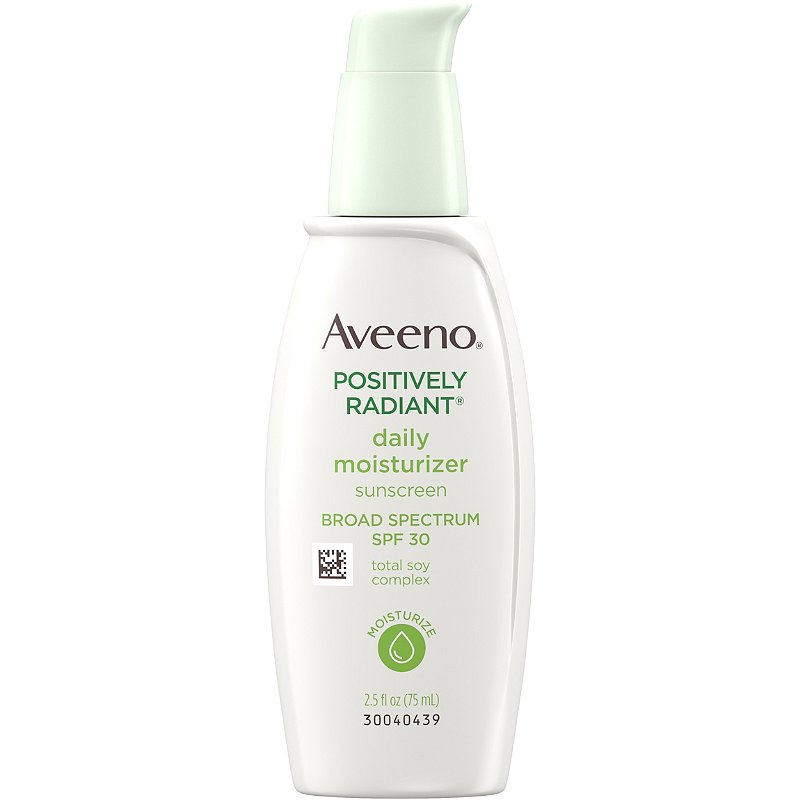
Another approach is to use a daily moisturizer like Aveeno Positively Radiant Moisturizing Broad Spectrum SPF 30, which has been proven to continuously lighten the appearance of dark spots. Using a broad-spectrum sunscreen with an SPF of 30 will ensure that you are preventing future sun damage.
Makeup That Masks Hyperpigmentation
Fighting the appearance of hyper-pigmentation with a concealing product can be achieved using the right products.
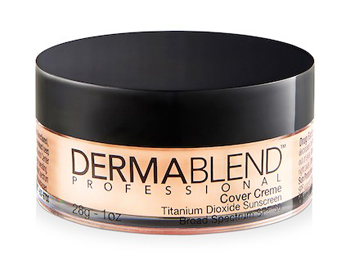
Dermablend Cover Creme SPF 30 is the best waterproof concealer to mask hard-to-cover dark areas. Warming up this product between your fingertips assures that the product is smoothly applied.
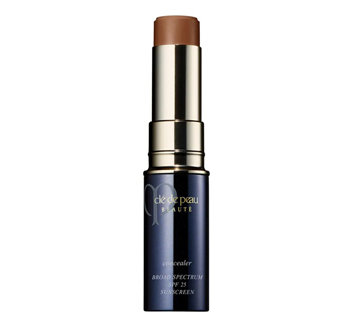
Clé de Peau Beauté Concealer Broad Spectrum SPF 25 is also a winner in cloaking uneven skin tones.
Natural Remedies

Several natural remedies can help reduce the appearance of hyperpigmentation. While results may vary, these remedies are generally safe and can be incorporated into a skincare routine:
- Aloe Vera: Aloe vera contains aloin, a natural depigmenting compound that can help lighten dark spots. Applying pure aloe vera gel to affected areas before bedtime can help reduce hyperpigmentation over time.
- Licorice Extract: Licorice root extract contains glabridin, which has skin-lightening properties. It can inhibit the production of melanin and help fade dark spots. Many over-the-counter skin-lightening products contain licorice extract as an active ingredient.
- Vitamin C: Known for its brightening properties, vitamin C can help reduce hyperpigmentation by inhibiting melanin production. Using a vitamin C serum or applying lemon juice (diluted with water) to the skin can gradually lighten dark spots.
- Turmeric: Turmeric contains curcumin, which has anti-inflammatory and antioxidant properties. Applying a turmeric mask (mixed with honey or yogurt) can help reduce dark spots and even out skin tone.
- Apple Cider Vinegar: Apple cider vinegar contains acetic acid, which may help lighten pigmentation. Diluting apple cider vinegar with water and applying it to dark spots with a cotton ball can help in lightening hyperpigmentation.
In conclusion, while hyperpigmentation can be challenging to treat, understanding its causes and taking proactive steps can help prevent and reduce its appearance. Regular use of sun protection, gentle skincare products, and natural remedies can go a long way in managing this common skin concern.
Every day, we have the opportunity to put our best look forward. Put age spots on notice and brighten your overall complexion with these helpful products.
Are you currently using retinol in your skincare routine? Here are a few reasons why you should be.
Read Now:
Collagen 911: Skincare Trends That Actually Work
Peptides: Should You Add Them to Your Skincare Routine?
Top 10 Anti-Aging Skincare Products Under $100
